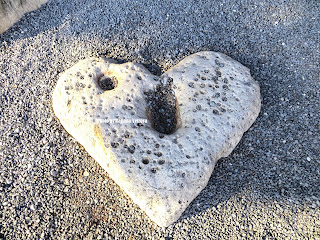Meaning and Origin of Surnames
A surname or
a family name stands for a name that is given to children from their parents. For
years the use and traditions of forming surnames have been changed from country
to country.
 |
| Surnames. Photo taken in Israel. |
Surnames and Human Characteristics
Most basic surnames were made up according to the ways of differentiating
people. For example, in Finland if a person had a poor hearing he could get the
name of Korhonen (bad hearing). In Italy, if a child was abandoned by his/her
parents, he/she got the name of Esposito (Eng ‘exposed’). As well as, left-handed
Italian people could likely get the name of Mancini. If a German
has got a surname Hertz, it means that his/her ancestor was named in such a way
for being big-hearted, as Herz is a heart.
Surnames of Occupation and Social Position
A family name's
origin is greatly influenced by the social position and occupation of forefathers.
For instance, the surname Archer is of English origin. It describes a person who
practiced archery. French surnames Fabre and Fabron were derived from a Latin word
which stands for “blacksmith". Another occupational surname is Madeira, it
is of Portuguese origin once used for carpenters.
Patronymic Surnames
The majority
of last names are derived from the name of a male forebear. Like Ivanov being one of the spread
surnames in Russia. Ivan is a male name, so Ivanov is a son of Ivan. In
Spanish the surname Lopez means a son of Lope. In Norwegian and Dutch the
surname Hansen can be interpreted as “son of Hans”.
Surnames and Topography
Lots of surnames could be made up from features of a place
like landscapes, dwellings, countries where a person came from. For
example, the surname Vollan of Norwegian origin used to be given to a man inhabited
areas near a field. (The Old Norse word ‘vӧllr’ means ‘meadow’.) The English
surname Aston was derived from ‘east town’ in Old English. Such a famous
surname as Hepburn is of Scottish/English origin, meaning ‘high burial mound’.



Comments
Post a Comment